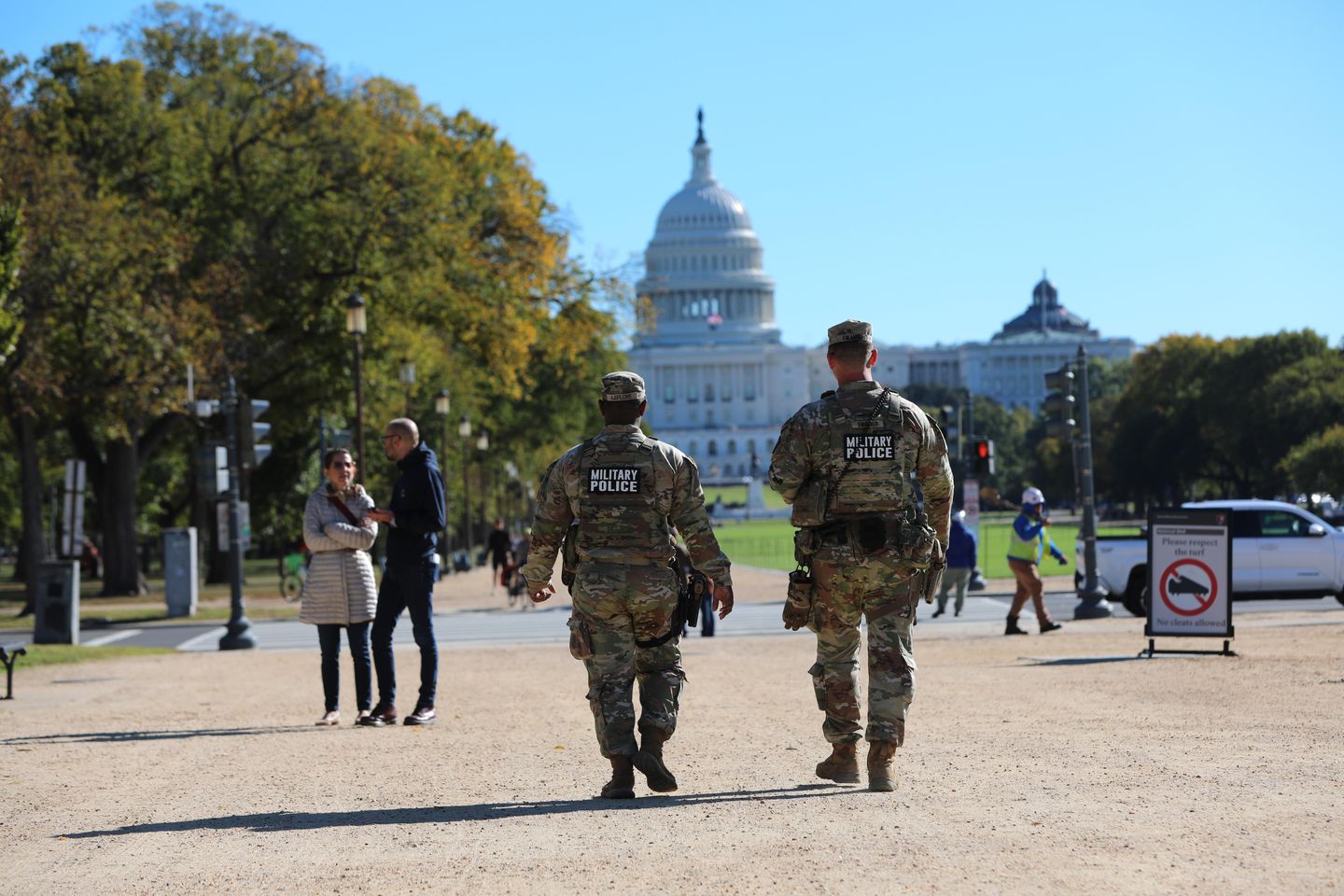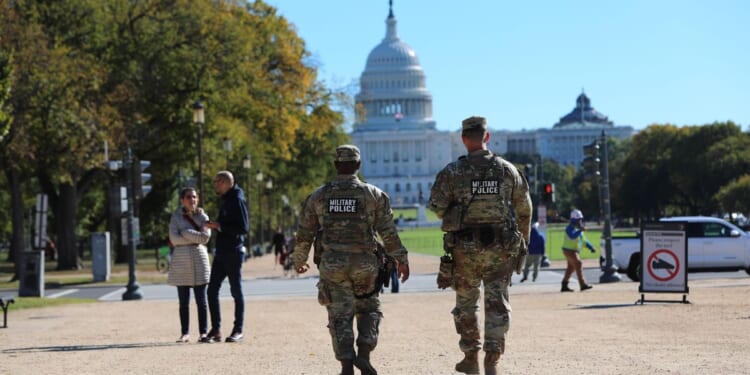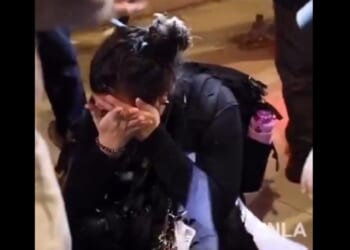
Federal officials have extended the National Guard deployment in the District through February, canceling plans for the roughly 2,400 troops to go home by the end of next month.
Defense Secretary Pete Hegseth ordered the extension until early next year, so Guardsmen from the District, West Virginia, South Carolina, Ohio, Georgia, Louisiana, Mississippi and Alabama can continue patroling the streets of the nation’s capital as a crime deterrent. CNN first reported on the Guard’s extended deployment.
The uniformed and armed troops have largely been seen on the National Mall, in Georgetown and at Union Station — touristy spots that seldom attract the violent crime the Guard was sent in to stop during President Trump’s summer crime emergency.
Guardsmen instead have dedicated much of their time to trash pickup, graffiti removal and food bank assistance. The White House originally extended the Guard’s mission through the end of November to allow the troops to receive housing and health care benefits.
The National Guard’s presence is the subject of a lawsuit filed by the D.C. Attorney General Brian Schwalb against the Trump administration. Mr. Schwalb, a Democrat, has argued the deployment for crime-fighting purposes is illegal and characterized the Guard’s arrival as an “involuntary military occupation.”
But the president maintains authority over the District, given its status as a federal city, which insulates Mr. Trump from judicial rulings that have blocked troop deployments in Chicago and Portland, Oregon. Both Illinois and Oregon have Democratic governors.
Tennessee Gov. Bill Lee, a Republican, welcomed the National Guard to Memphis last month for a citywide crime crackdown. U.S. Attorney General Pam Bondi said the mission has netted 1,700 arrests so far.
The Trump administration reportedly expects the Guard to be needed for controlling unruly protests in the near future.
The Pentagon told the National Guard in all 50 states and the District to prepare “quick reaction forces” who are trained in “riot control,” according to the Guardian.
The order said 500 troops in each state must receive the training.








